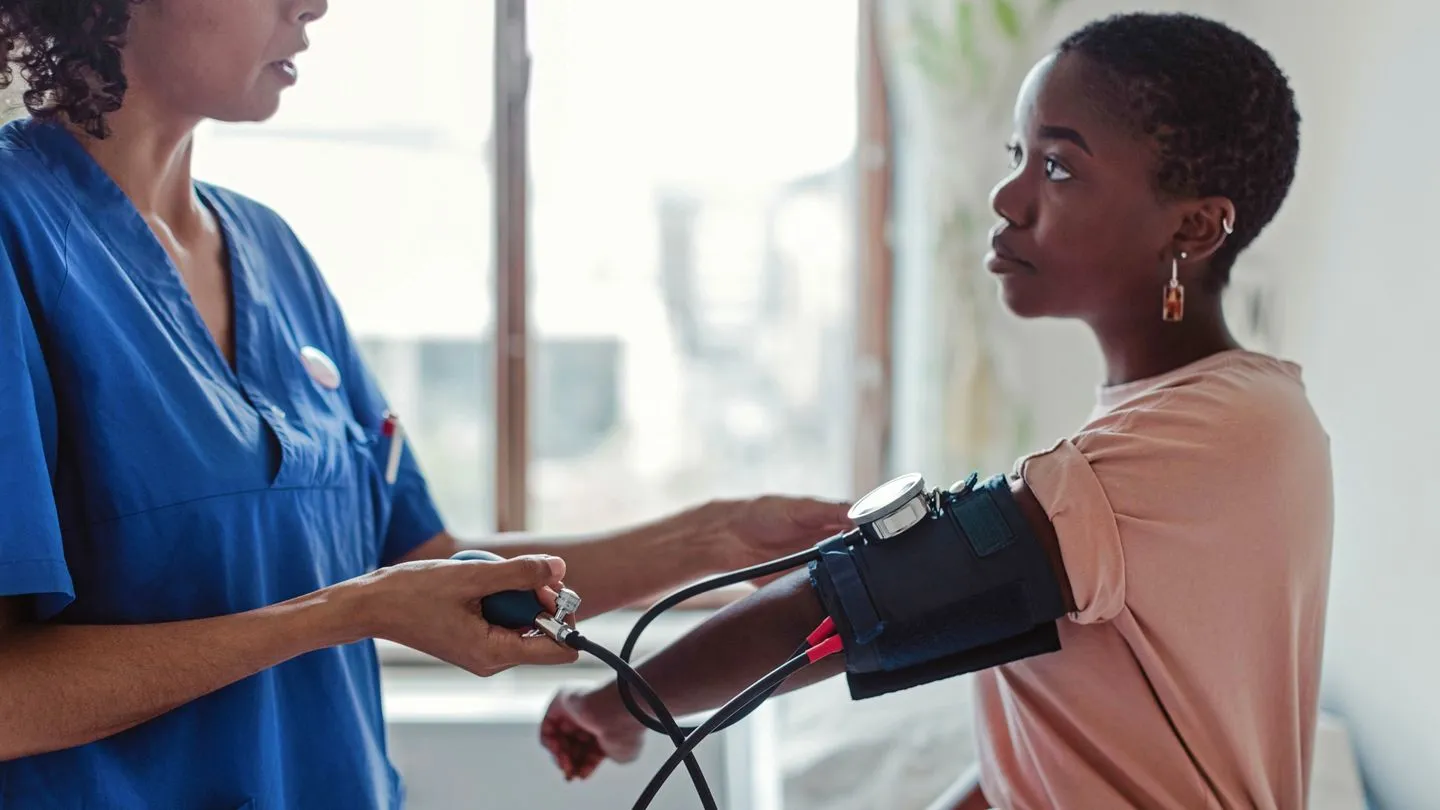WEB DESK, July 3(ABC): Giving Black patients with hypertension personalized coaching on how to improve their eating habits made it easier for them to manage their blood pressure, a new study has found.
“Black adults have the highest rates of high blood pressure in the United States, and, for reasons we don’t fully understand, it starts at a younger age and results in strokes, heart attacks, heart failure, chronic kidney disease, and other serious hypertension-related health problems occurring at an earlier age as well,” says the senior study author, Stephen Sidney, MD, MPH, a research scientist at the Kaiser Permanente Division of Research in Oakland, California.
The new study focused on a particularly high risk group of 1,761 Black patients — people whose blood pressure remained high even when they took medication to lower it. All patients were randomly assigned to one of three groups: to continue with their usual medication on its own for 12 months, to combine it with additional medication monitoring, or to combine it with lifestyle coaching.
Patients assigned to receive extra medication monitoring got frequent blood pressure checks and were often prescribed two or more antihypertensives to get their condition under control. With lifestyle coaching, patients had up to 16 phone sessions with a registered dietitian to help them follow the DASH (Dietary Approaches to Stop Hypertension)) diet, which emphasizes cooking with vegetable oils, eating nuts, fruits, vegetables, low-fat dairy products, whole grains, fish and poultry, and limiting red meat and added sugars and salt.
“We know how to treat high blood pressure with medication, but there is also a huge role that behavior change can play in prevention and treatment,” Dr. Sidney says. “This study was a tremendous opportunity to see if we had an intervention that could change behaviors and get blood pressure under control.”
At the start of the study, patients in all three groups had an average blood pressure reading of 151/85 millimeters of mercury (mmHg). The main goal of the trial was to see how many people could reduce their blood pressure to less than 140/90 mmHg, a healthy range, after one year of usual care, enhanced medication management, or lifestyle coaching.



























